What to Do When Tenants Renew

But it can also cost money — if the tenant isn’t taking care of the property, or wants to renew for a different term than you’d like.
Take these precautions to protect your profits:
Take a Look Around
Before agreeing to renew the lease with an existing tenant, especially one who has been in the unit for awhile, take a look around and assess the condition of the rental property.
Any routine maintenance or repairs usually done between tenants should still be completed in order to avoid damage to the property.
Set the Terms
Unless you offered the tenant a self-renewing lease, this is a time that both the length of the renewal and the rent for the renewal period can be renegotiated.
When looking at the renewal term, consider the timing of the next vacancy. For example, if the tenant wants a nine-month renewal, but that puts you at Thanksgiving, it may be harder to find a new tenant.
Get it in Writing
Simply allowing a tenant to go month-to-month can weaken a landlord’s legal rights. Instead, complete the Residential Lease Extension Agreement available on our Landlord Forms Page. Be sure to get the tenant’s signature on the form, and keep it with the original lease agreement.
With AAOA, landlords have resources at their fingertips. Check out our new Landlord Forms Page.
American Apartment Owners Association offers discounts on products and services for landlords related to your rental housing investment, including rental forms, tenant debt collection, tenant background checks, insurance and financing. Find out more at www.joinaaoa.org.


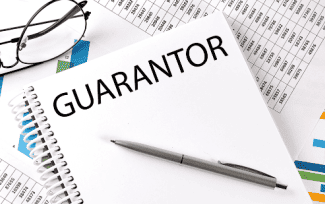
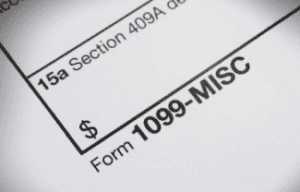
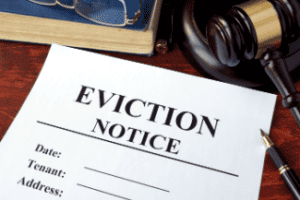

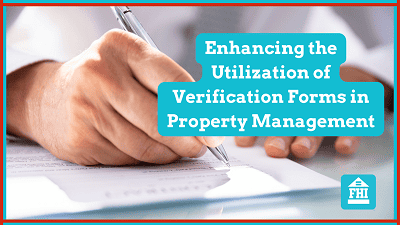
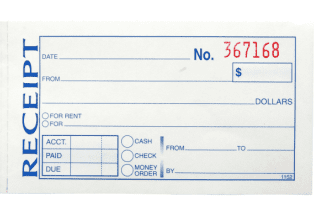







 Accessibility
Accessibility